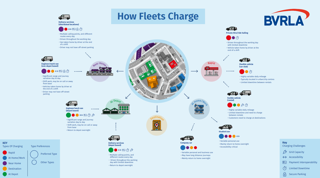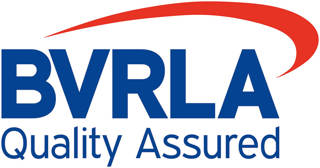The BVRLA leasing fleet grew by 5.1% in 2021 to pass pre-pandemic levels, with vans continue to drive the recovery of the sector.
The association’s latest Leasing Outlook Report, citing data to Q4 2021, also shows more positive signs as the growth of the car fleet accelerates.
In the face of mounting challenges around vehicle supply – which 94% of members report as a primary concern – the BVRLA van fleet reached new heights, adding around 80,000 vehicles to reach nearly half a million.
The picture for cars is also improving. Having returned to growth in Q3 2021, the recovery continued in Q4 with a year-on-year increase of 55,000 vehicles.
This performance, says the BVRLA, is largely driven by PCH agreements, which remain on an upward trajectory as demand for personal leasing products was strong in 2021.
The BCH fleet still accounts for 55% of the BVRLA fleet, with declines slowing (-2%, Q4 2021) to suggest a return to growth is possible in 2022.
Average emissions of the fleet are also down, with a 21% improvement seen on average across new vehicles ordered in Q4 2021.
This brings the average emissions of the BVRLA leasing fleet down to just 102.7g/km, highlighting the significant role the sector is playing in reducing the emissions of the road transport network.
The reduction in average emissions is due to the continued shift to electric vehicles, with plug-ins accounting for 45% of orders in 2021, with the majority of them being zero-emission battery electric vehicles.
BVRLA chief executive, Gerry Keaney, said: “The growth outlined in the Leasing Outlook report underlines the resilience of our sector and should give us confidence for success in a post-pandemic environment.
“The big threat to this growth outlook is supply constraints. Average contract mileages are already increasing as more lease periods are having to be extended.
“The fleet leasing sector is driving demand for zero emission vehicles, but it is being starved of supply as manufacturers divert product to more lucrative sales channels.
“If this trend becomes a long-term one, the fleet sector will see more miles being driven in older, dirtier vehicles.”
























Login to comment
Comments
No comments have been made yet.